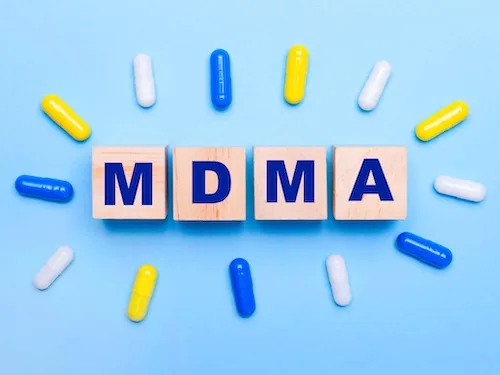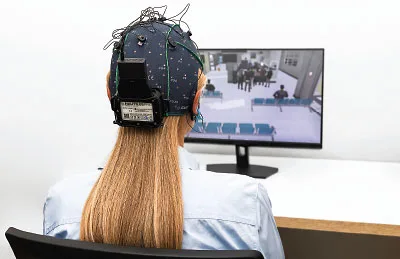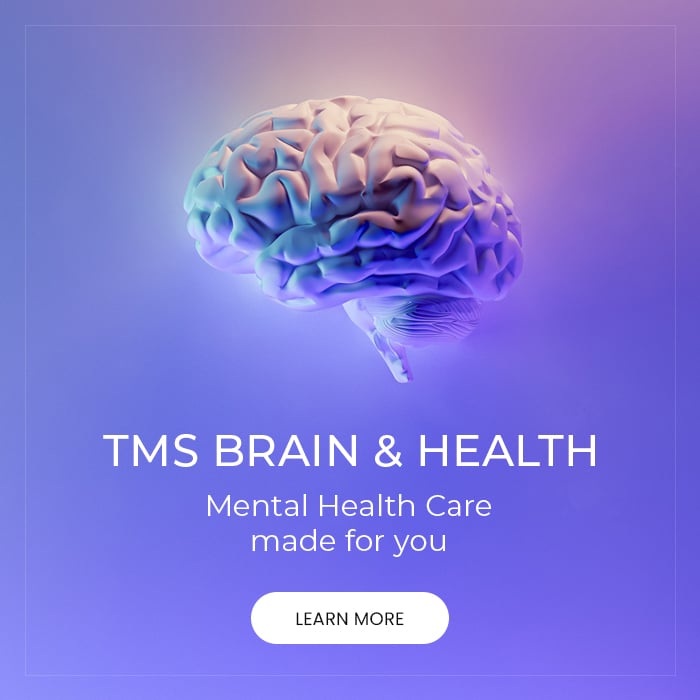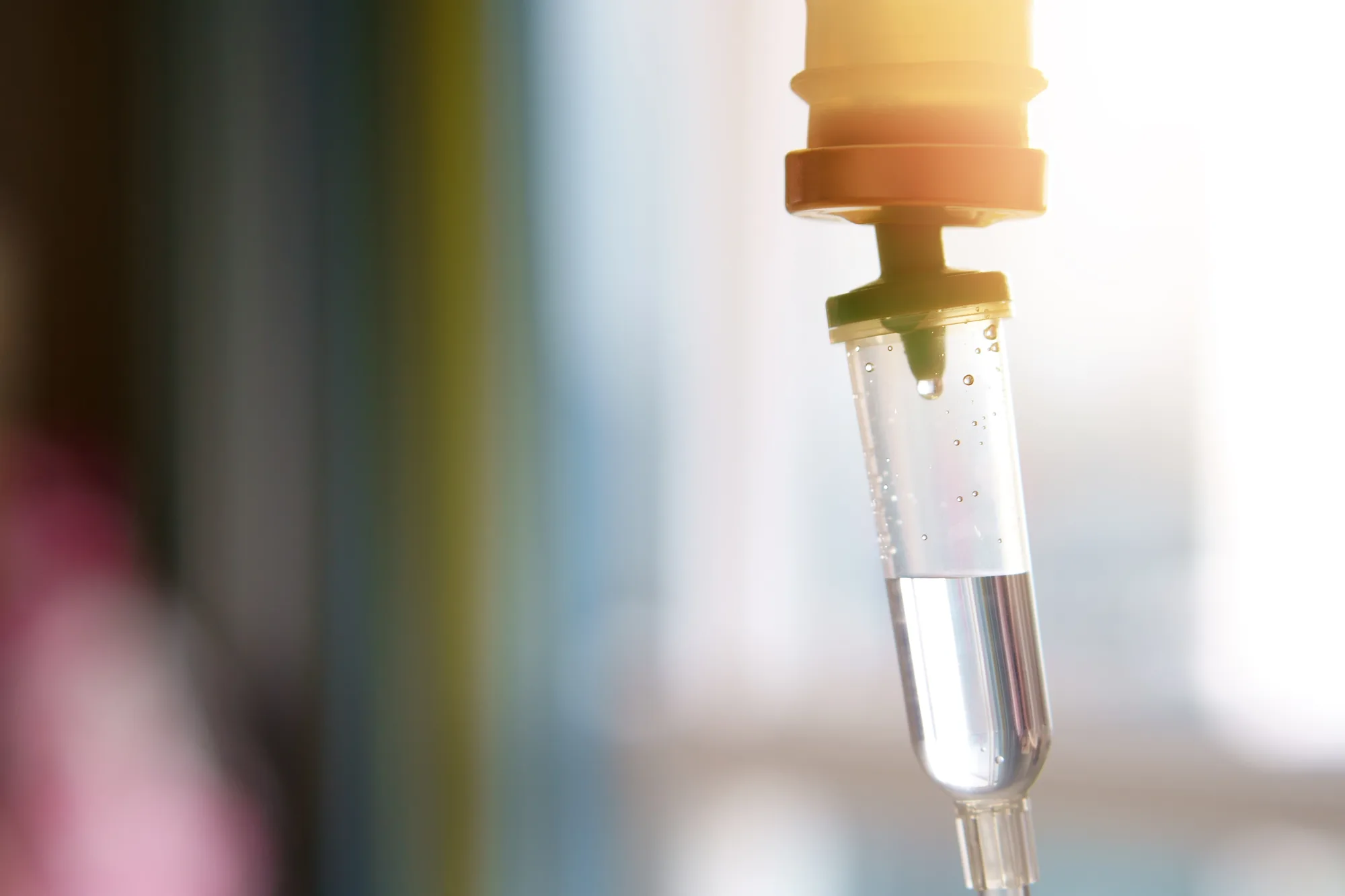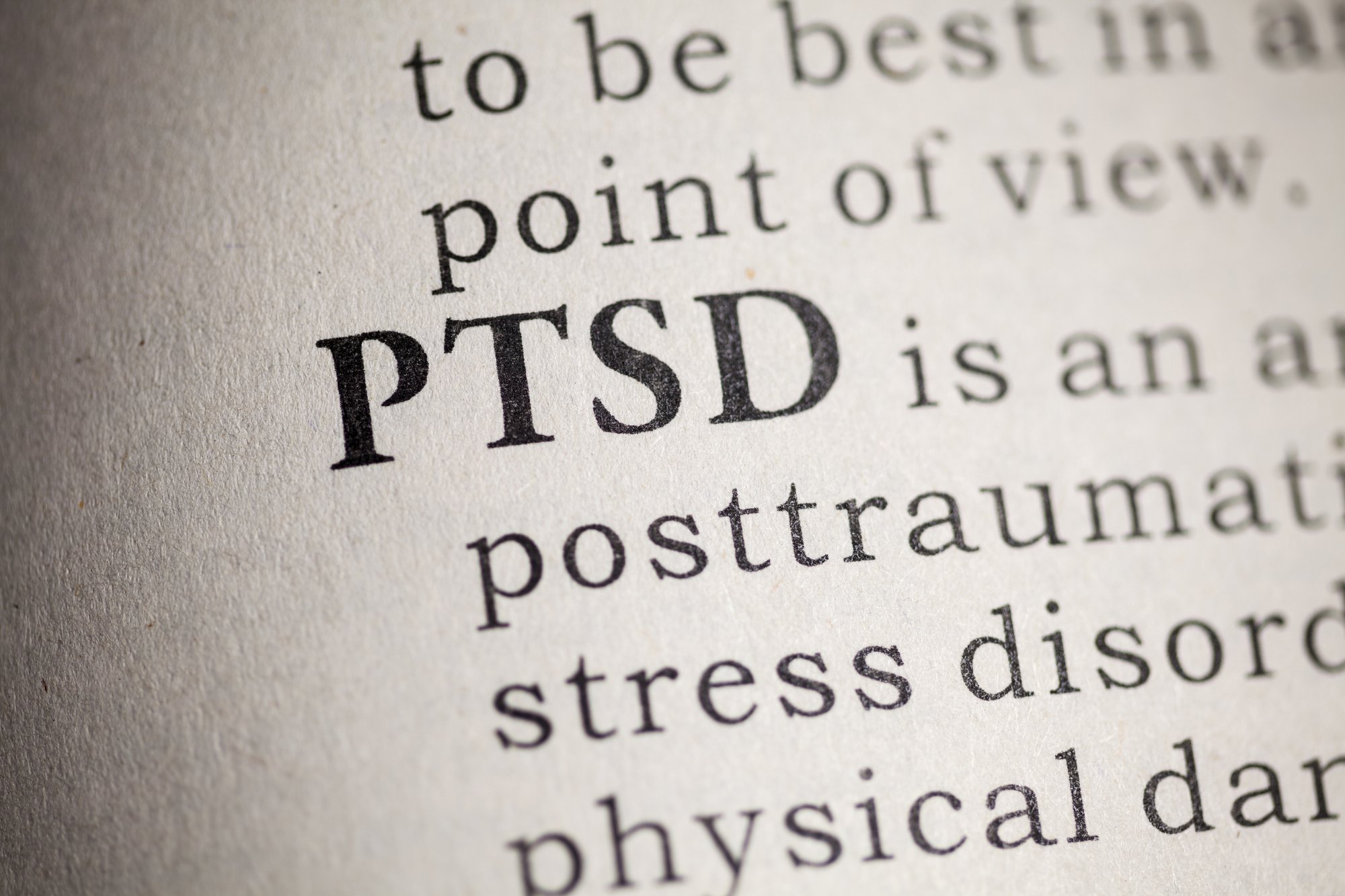In recent years, the alarming rise in suicide rates among post-9/11 US military Veterans has emerged as a pressing concern. A comprehensive study published in 2023, titled “Trends in Suicide Rates Among Post-9/11 US Military Veterans With and Without Traumatic Brain Injury From 2006-2020,” sheds light on this distressing phenomenon.
The study reveals a more than tenfold increase in suicide rates among this demographic from 2006 to 2020, an increase that significantly outpaces that of the general US adult population.
Understanding the Contributing Factors
Several factors contribute to this increase in suicide rates among Veterans. Notably, the risk of mental health diagnoses, substance misuse, and gun violence are prevalent concerns. These factors, often intertwined, create a complex web of challenges that many Veterans face upon returning to civilian life.
The impact of traumatic brain injuries (TBI) further complicates this situation, as evidenced by the study’s finding that Veterans with TBI had a 56% higher suicide rate than those without TBI, and a rate three times higher than the general US adult population.
The Statistics: A Stark Reality
The study’s findings are a stark reminder of the challenges faced by Veterans. In 2020, the suicide rate among US Veterans stood at 31.7 per 100,000, which is 57.3% greater than that of nonVeterans.
Furthermore, suicide ranks as the second leading cause of death for Veterans under 45 years of age. These statistics underscore the urgent need for effective interventions and support systems for our Veterans.
Addressing the Crisis
In response to this crisis, it is crucial to develop and implement comprehensive strategies that address the root causes of Veteran suicides. This approach includes:
1. Enhanced Mental Health Services: Expanding access to mental health care, particularly treatments tailored to the unique experiences and needs of Veterans.
2.TBI-Specific Interventions: Recognizing the significant impact of traumatic brain injuries on mental health and developing targeted interventions to support Veterans with TBI.
3. Substance Misuse Prevention and Treatment: Implementing robust programs for the prevention and treatment of substance misuse, a known risk factor for suicide.
4. Community Support and Reintegration Programs: Facilitating the reintegration of Veterans into civilian life through community support and engagement.
5. Awareness and Education: Raising awareness about the mental health challenges faced by Veterans and promoting education on suicide prevention strategies.
Conclusion
The rising trend in suicide rates among post-9/11 US military Veterans calls for immediate and sustained action.
As we strive to honor and support those who have served our country, it is imperative that we address the underlying issues contributing to this crisis. Through a combination of dedicated healthcare services, community support, and ongoing research, we can work towards reducing the incidence of suicide among our veterans and help them lead fulfilling, healthy lives after their service.
If you or a loved one are a Veteran struggling with mental health, get in touch. Help is available.


